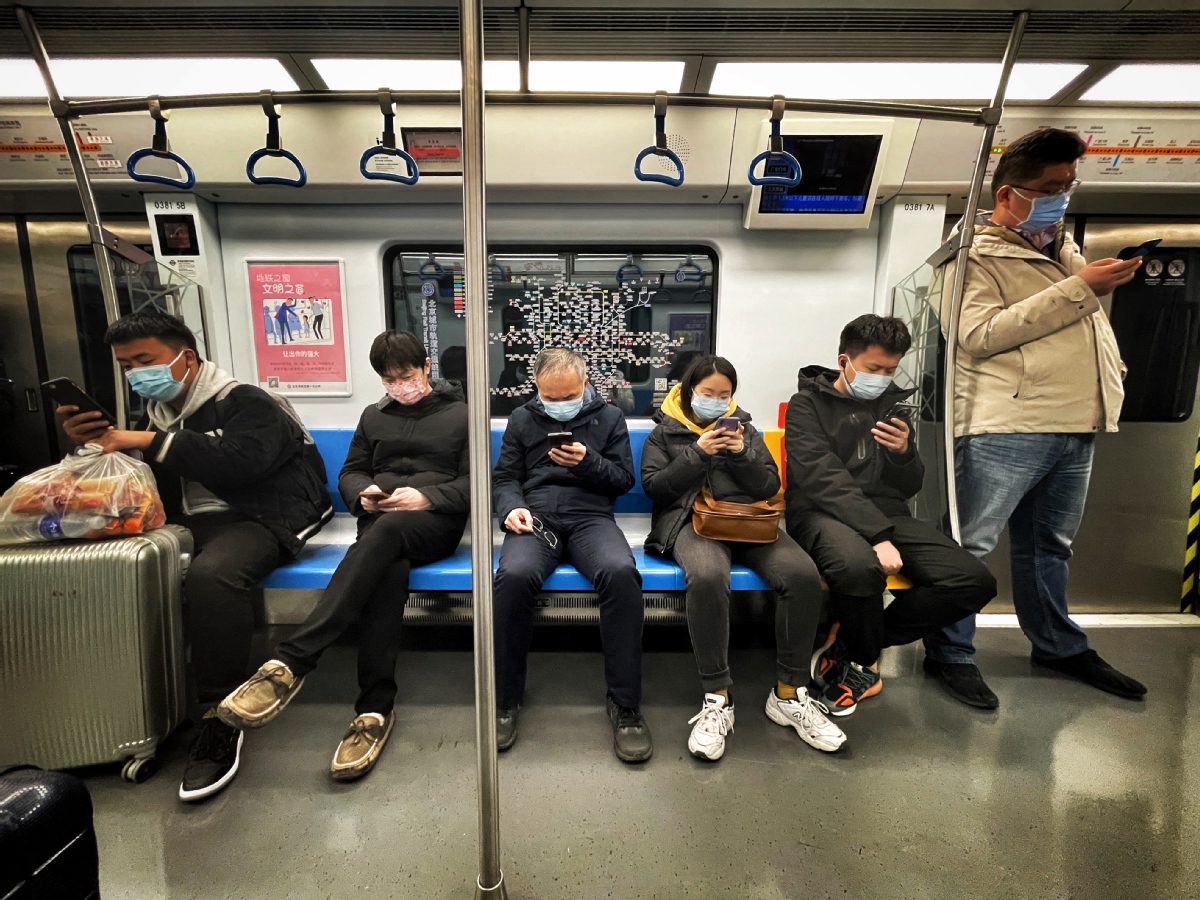Social media addicts mourn lost time


In 2017, a report released by the Chinese Academy of Social Sciences and technology giant Tencent showed that 73 percent of young people who took part in a survey checked social media sites at least once every 15 minutes. Just over 71 percent said they would do so even while they were at work or in meetings.
It is a similar story across the world. In 2018, the Pew Research Center, a public opinion research organization, found that more than 50 percent of teenagers said they spent too much time on their phones, and 41 percent said they used social media excessively.
He Rihui, a psychiatrist and former member of the Chinese Association of Drug Abuse Prevention and Treatment, said the obsession with social media "lies deep in psychology and in a complex chemical response system in our brains".
"People crave immediate positive emotions, which are not easy to get in real life. However, a simple touch of the phone can lead them to a world with numerous funny videos and dialogue boxes with friends living overseas," He said.
"When a person posts a picture and receives social feedback, it stimulates the brain to release dopamine, which rewards that behavior and perpetuates the social media habit."
Adam Alter, author of Irresistible: The Rise of Addictive Technology and the Business of Keeping Us Hooked, said another reason people spend so much time on social media is that there are no "cues" telling them to stop and move on to something different.
Such cues were more apparent in the 20th century, he said. "Take a newspaper, for example. Eventually you get to the end and put it aside. It's the same with magazines and books. When you watch a television show, it also ends at some point.
"But with social media consumption today, there are no cues to stop. The news feeds just roll on and everything is endless-Twitter, Facebook, Instagram, email, text messaging-and when you check all sorts of other sources, you can just keep going on and on and on," he said in a TED talk.


















